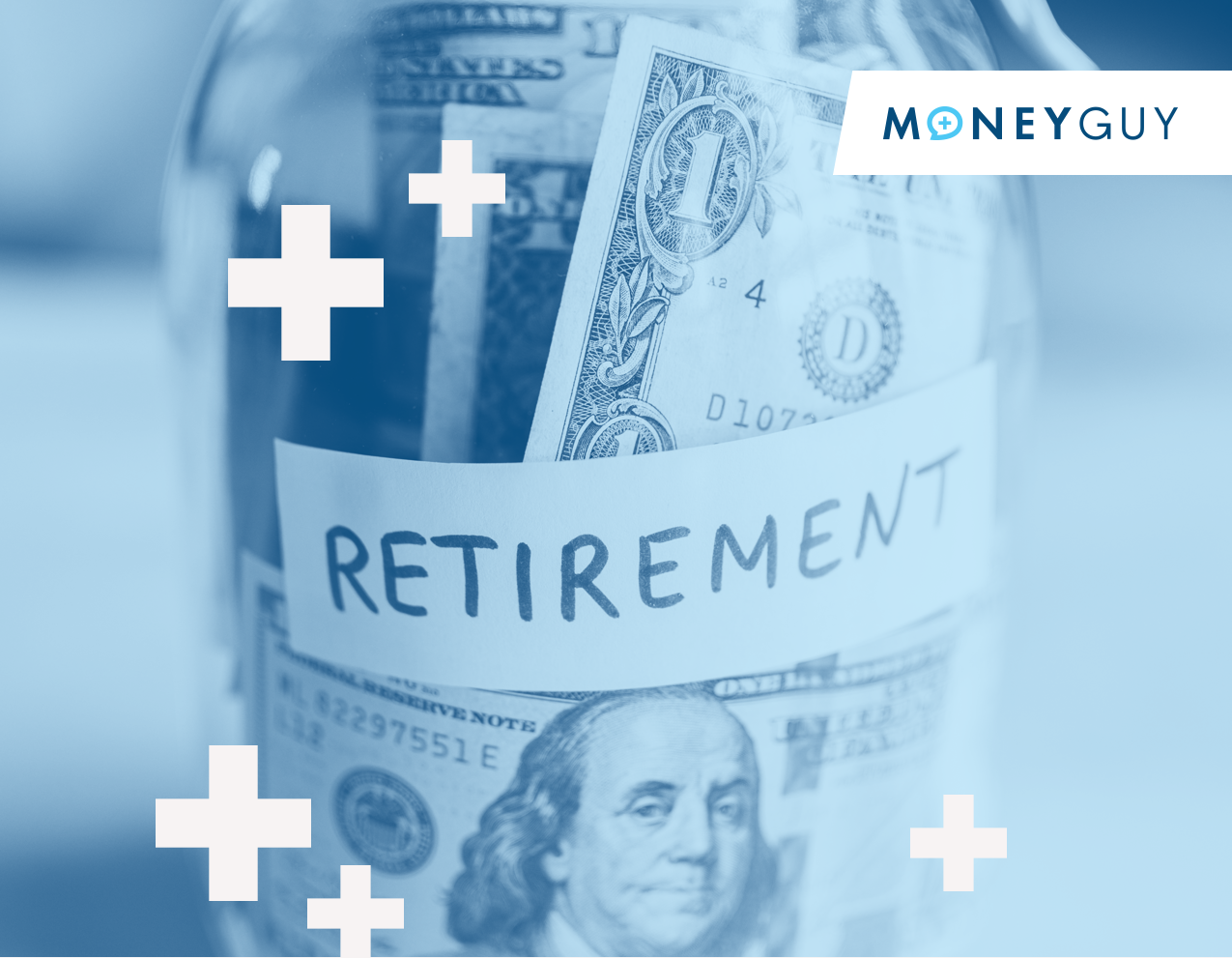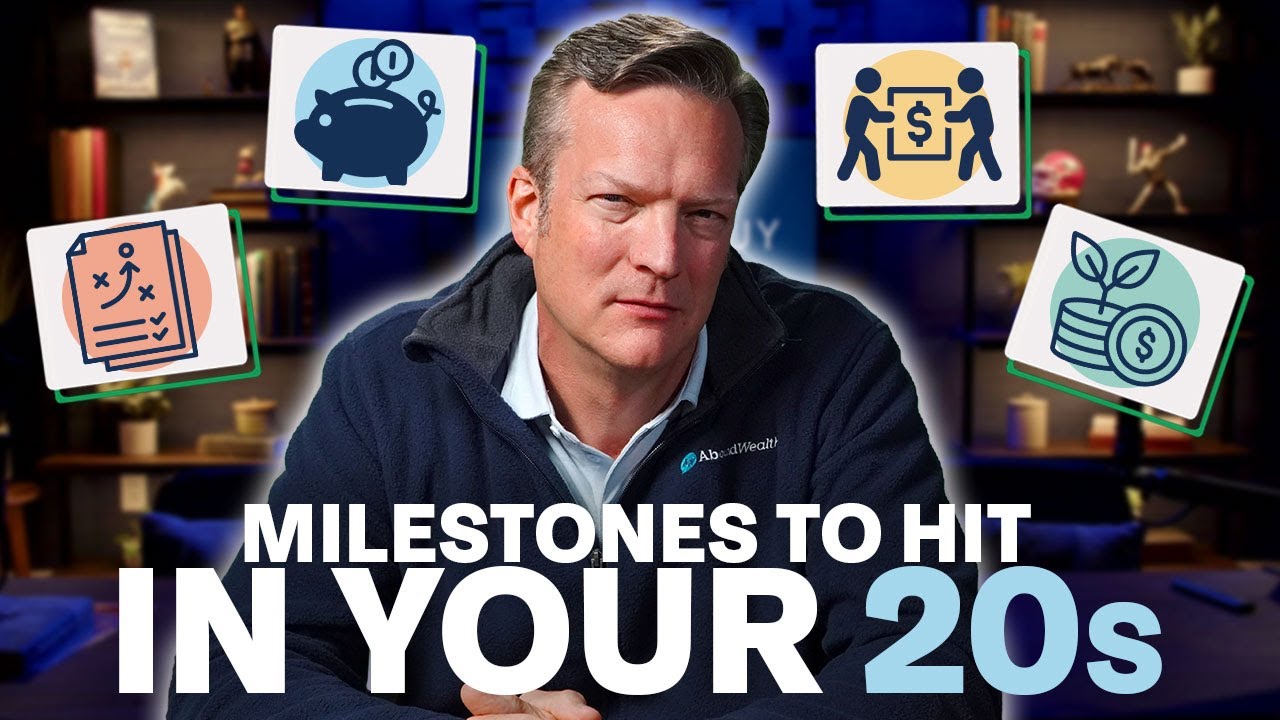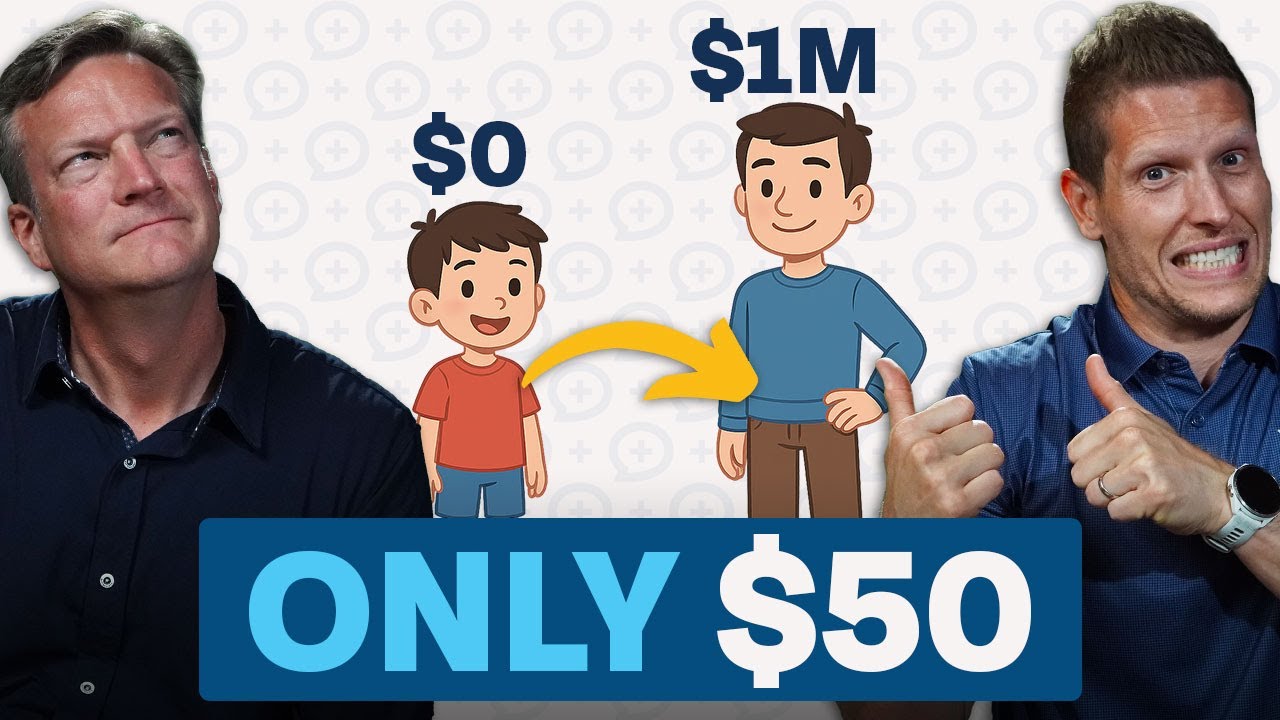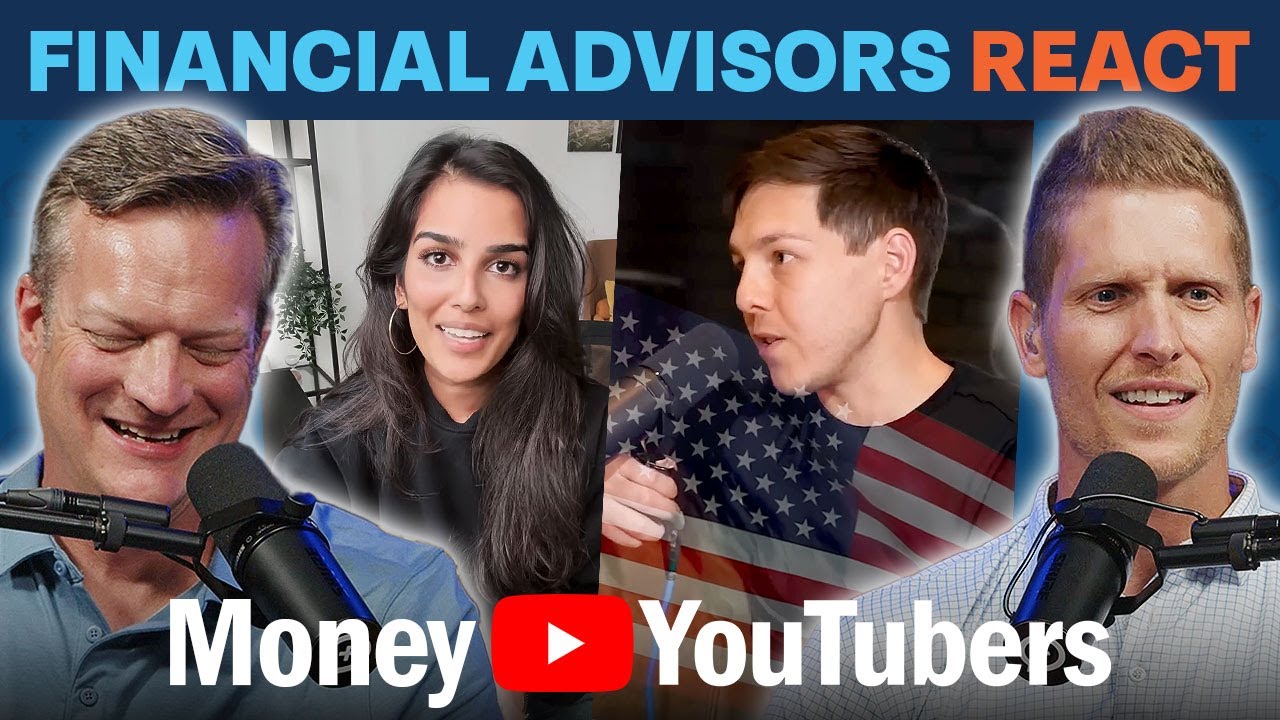In your journey, what’s been the same? Because being a millionaire is no small feat, right? That’s a significant threshold to cross over. How’d you do it? Was it Bitcoin, or are you some real estate Maven? What if that was my secret 10 years ago? I just think… is it like you’re… again, you didn’t start a business, you didn’t create some idea, and yet, at this young age, you’ve been able to acquire a seven-figure net worth, which is just absolutely phenomenal. What’s the secret? What’s the trick? What do the people out there listening need to do to be able to think about money the same way that George and his wife think about money? What do I need to be doing now to get to that position?
That’s a great question, and there’s a caveat here. I just uploaded a video on my YouTube channel that was about why most people will never become millionaires, and I walk through four big investing mistakes that are holding people back. I can’t tell you how many people in the comment section were like, “Well, you’re not a millionaire because you don’t make a million dollars, and your house doesn’t count as part of your net worth, so you’re technically not a millionaire, and you’re married, so that doesn’t count. You actually have half a million-dollar net worth.” I’m like, I don’t know… I don’t know if these people have been hurt, and they just hurt people, hurt people, hurt people, but I’m not offended by it. I just want them to know that this is not… it’s not your opinion. I’m not jiggling. I think I’m a millionaire. It’s just mathematically, financially, on an accounting level, a millionaire is someone with a million-dollar net worth, which includes all of your assets. Yes, I can’t live off my house. That’s the big thing. It’s like, it doesn’t produce income. But I’m like, I can’t touch my retirement until 59 and a half anyway, and it’s still valuable in a lot of ways. So, when you take both of those accounts over, you know, seven, eight, nine years now, just investing in a Roth 401(k) 15%, then saving up even more… I was doing side hustles the whole time. I mean, up until… increasing the income, right? That’s the… increasing the income. So, I was emceeing outside gigs, I did marketing consulting work. I think in one year, in 2016, I brought in, like, 25, 30 grand just in side work doing marketing. I was driving for Uber to Lyft when I was getting out of debt. So, it’s both, to create that margin, it was “spend less, make more.” So, we did both of those things, and we were very frugal, trying to save up for the down payment. So, we ended up putting 45% down on our first home together. Wow. It was a townhome, and that townhome appreciated like crazy in the last few years, which is why people go, “It’s not fair life hack.” I’m like, it’s not a life hack. Real estate appreciation is one of the greatest things of all time, especially with the 500,000 if you’re joined being completely tax-free in the growth. And so, that really helped increase our net worth quickly, is the home appreciation on that townhome. And on top of that, our cars, which aren’t worth much, as you know. We’re Tesla guys. I got a 10-year-old Tesla, so it’s nothing. Nobody’s like, “Whoa, that looks nice.” I still love it. We argued about if it’s a luxury car or not, but it’s… the cars, which are not a huge part of our world, the retirement accounts, which probably add up to, I would say, about a third, and then the home is a big part of it, which I know you guys don’t like. It’s out of balance. I know your feelings about paying off the home early, but I’ll tell you, to be 32 and 33 with a paid-for house, it blew our minds because I didn’t even know anybody that had done that. Like, in my family, it’s just kind of like, you get the 30-year, and then you do the second mortgage, and you roll it into the other one. You just don’t pay off mortgages in your lifetime. And it was such a wealth-building hack for us to be totally free and have our income at our disposal.
If you got 15% plus the 4% match or 5% match and you did 20%, that’s a great problem to have. And so, I like the habit of doing those 15%. I’d probably take that hard line, but since we’re pushing it up to 20-25%, that’s what I love about having these conversations because it brings it back. What do people say? What’s the grounding for the difference between baby steps and the Financial Order of Operations? I think still a lot of them are on the same route of the same tree. It’s just some variation. Truthfully, we’ve talked about this. The audience that’s watching your show is a very different audience from the general Ramsay show. So, when we tell… If we told everybody, “Hey, invest 20%”, they would be like, “I don’t even know how to get there. I don’t know how to find that in my budget.” Whereas your audience, they’re making great money, they’re looking to maximize their wealth. Our audience is coming to us, they’re going, “I have a bunch of this debt. I’m new to money. I haven’t learned about money.” And so, 15%, even for some people, feels like, “How are we going to make that work with inflation and daycare?” So, it’s a great baseline, and remember, our plan is to do 15% so that you can still save for some college, you can pay off the house early, then build wealth and give. So, we want to create a little bit of margin so that that 20% isn’t maxing out completely, which, for your audience, will not happen. For our audience, a lot of the times, they go, “That’s all I can do in order to pay off the house and save for college.”













